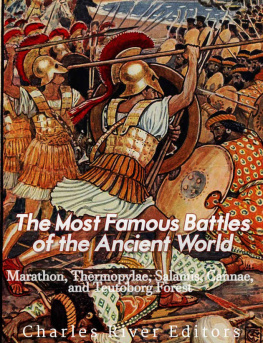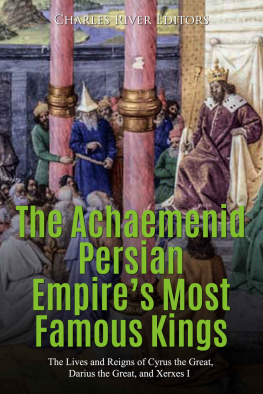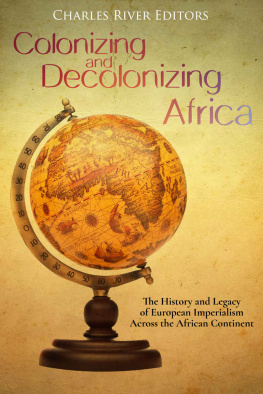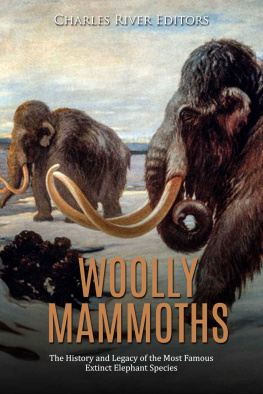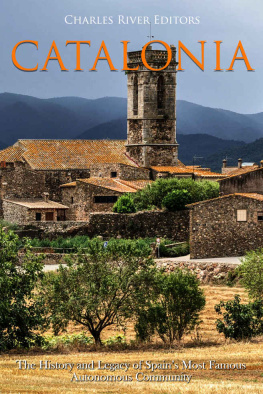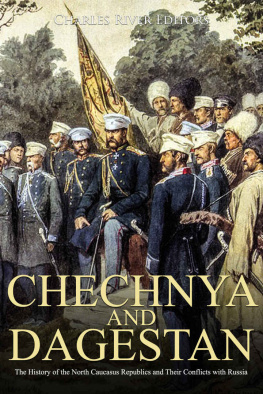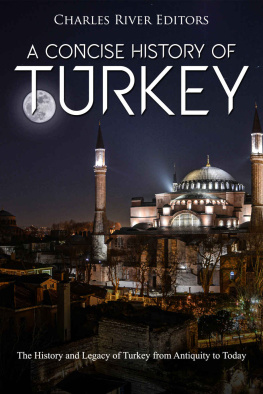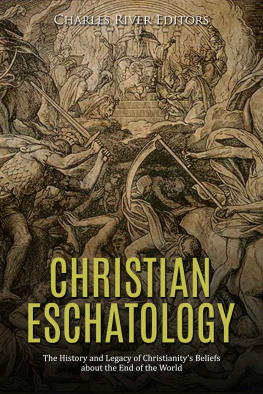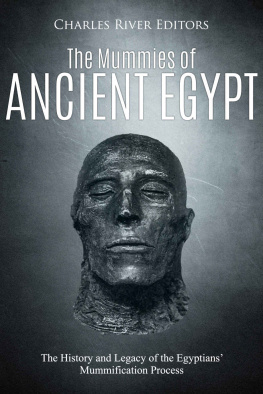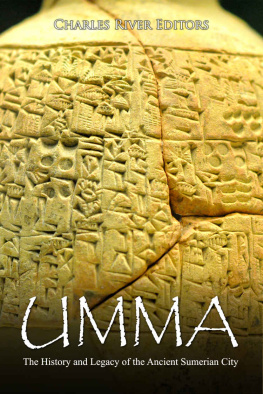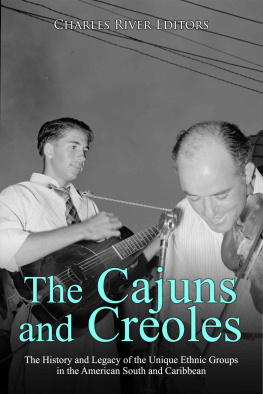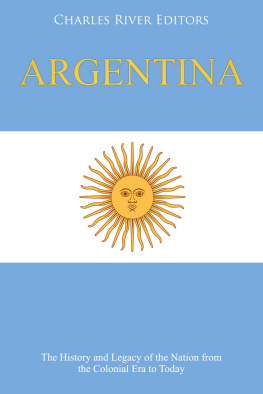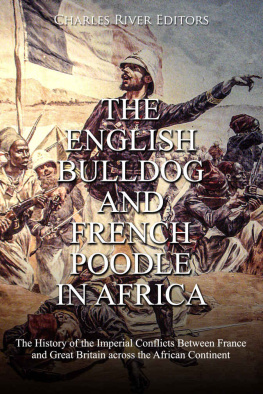Charles River Editors - The Zulu War and Boer War: The History and Legacy of the Conflicts that Cemented British Control of South Africa
Here you can read online Charles River Editors - The Zulu War and Boer War: The History and Legacy of the Conflicts that Cemented British Control of South Africa full text of the book (entire story) in english for free. Download pdf and epub, get meaning, cover and reviews about this ebook. year: 2020, publisher: Charles River Editors, genre: Art. Description of the work, (preface) as well as reviews are available. Best literature library LitArk.com created for fans of good reading and offers a wide selection of genres:
Romance novel
Science fiction
Adventure
Detective
Science
History
Home and family
Prose
Art
Politics
Computer
Non-fiction
Religion
Business
Children
Humor
Choose a favorite category and find really read worthwhile books. Enjoy immersion in the world of imagination, feel the emotions of the characters or learn something new for yourself, make an fascinating discovery.
- Book:The Zulu War and Boer War: The History and Legacy of the Conflicts that Cemented British Control of South Africa
- Author:
- Publisher:Charles River Editors
- Genre:
- Year:2020
- Rating:4 / 5
- Favourites:Add to favourites
- Your mark:
- 80
- 1
- 2
- 3
- 4
- 5
The Zulu War and Boer War: The History and Legacy of the Conflicts that Cemented British Control of South Africa: summary, description and annotation
We offer to read an annotation, description, summary or preface (depends on what the author of the book "The Zulu War and Boer War: The History and Legacy of the Conflicts that Cemented British Control of South Africa" wrote himself). If you haven't found the necessary information about the book — write in the comments, we will try to find it.
The Zulu War and Boer War: The History and Legacy of the Conflicts that Cemented British Control of South Africa — read online for free the complete book (whole text) full work
Below is the text of the book, divided by pages. System saving the place of the last page read, allows you to conveniently read the book "The Zulu War and Boer War: The History and Legacy of the Conflicts that Cemented British Control of South Africa" online for free, without having to search again every time where you left off. Put a bookmark, and you can go to the page where you finished reading at any time.
Font size:
Interval:
Bookmark:
By Charles River Editors
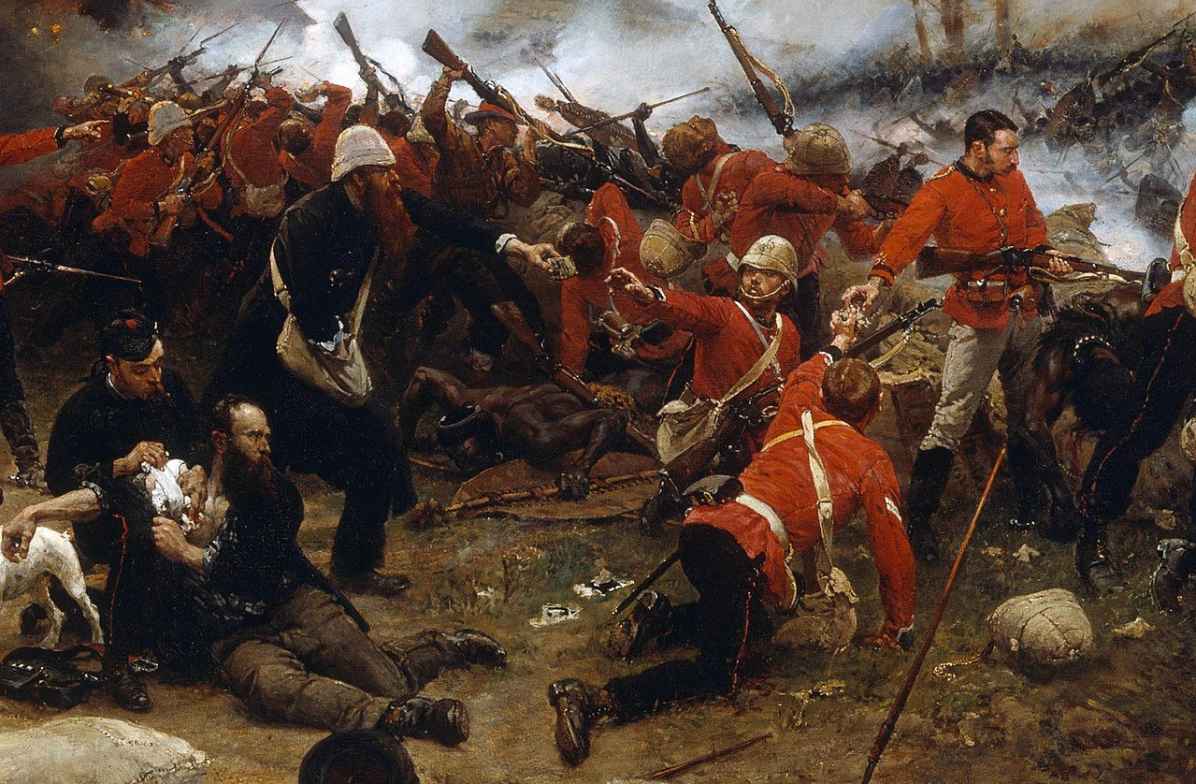
A detail from Alphonse-Marie-Adolphe de Neuvilles painting depicting the Battle of Rorkes Drift

Charles River Editors is a boutique digital publishing company, specializing in bringing history back to life with educational and engaging books on a wide range of topics. Keep up to date with our new and free offerings with this 5 second sign up on our weekly mailing list , and visit Our Kindle Author Page to see other recently published Kindle titles.
We make these books for you and always want to know our readers opinions, so we encourage you to leave reviews and look forward to publishing new and exciting titles each week.
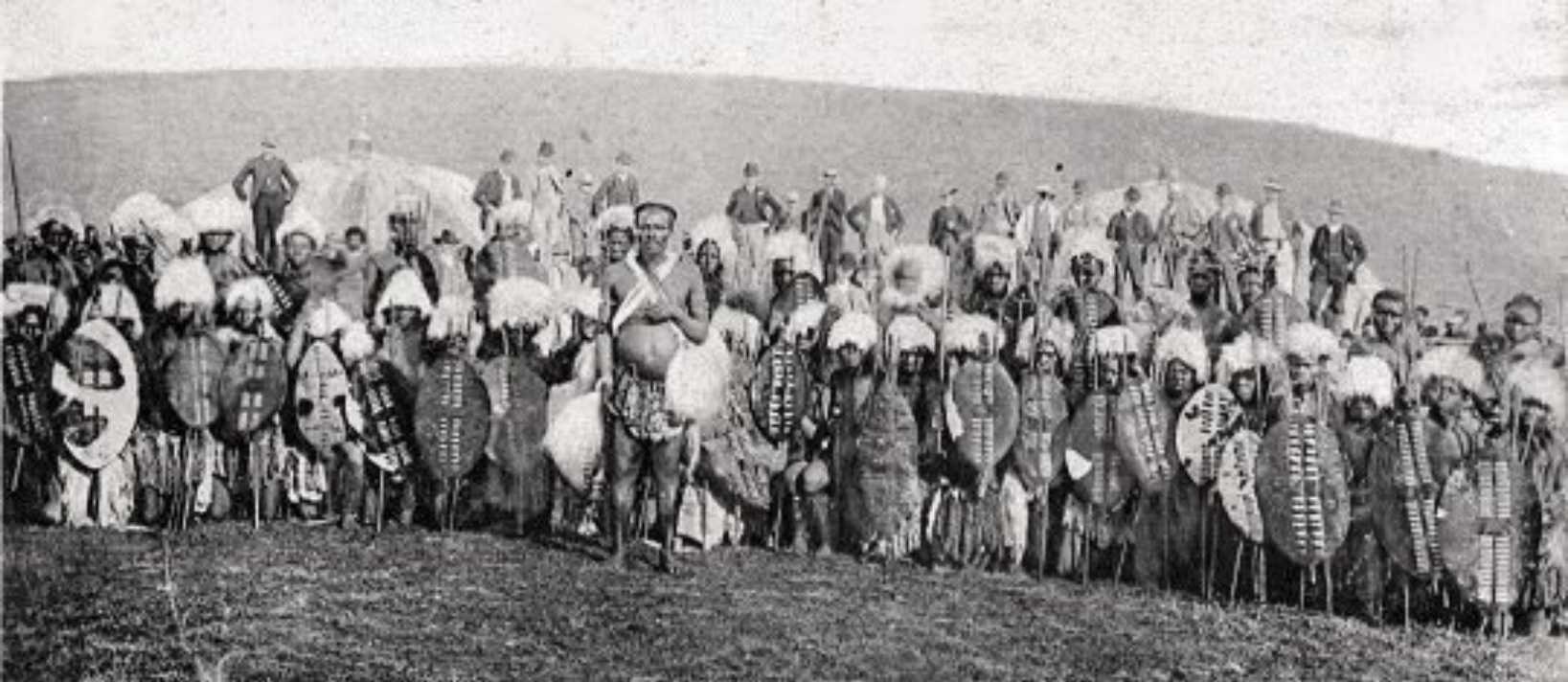
Zulu warriors in the 19 th century
He is Shaka the unshakeable,
Thunderer-while-sitting, son of Menzi
He is the bird that preys on other birds,
The battle-axe that excels over other battle-axes in sharpness,
He is the long-strided pursuer, son of Ndaba,
Who pursued the sun and the moon.
He is the great hubbub like the rocks of Nkandla
Where elephants take shelter
When the heavens frown... - Traditional Zulu song
The modern history of Africa was, until very recently, written on behalf of the indigenous races by the white man, who had forcefully entered the continent during a particularly hubristic and dynamic phase of European history. In 1884, Prince Otto von Bismarck, the German chancellor, brought the plenipotentiaries of all major powers of Europe together, to deal with Africa's colonization in such a manner as to avoid provocation of war. This eventknown as the Berlin Conference of 1884-1885galvanized a phenomenon that came to be known as the Scramble for Africa. The conference established two fundamental rules for European seizure of Africa. The first of these was that no recognition of annexation would granted without evidence of a practical occupation, and the second, that a practical occupation would be deemed unlawful without a formal appeal for protection made on behalf of a territory by its leader, a plea that must be committed to paper in the form of a legal treaty.
This began a rush, spearheaded mainly by European commercial interests in the form of Chartered Companies, to penetrate the African interior and woo its leadership with guns, trinkets and alcohol, and having thus obtained their marks or seals upon spurious treaties, begin establishing boundaries of future European African colonies. The ease with which this was achieved was due to the fact that, at that point, traditional African leadership was disunited, and the people had just staggered back from centuries of concussion inflicted by the slave trade. Thus, to usurp authority, to intimidate an already broken society, and to play one leader against the other was a diplomatic task so childishly simple, the matter was wrapped up, for the most part, in less than a decade.
There were some exceptions to this, however, and the most notable was the Zulu Kingdom, a centralized monarchy of enormous military prowess that would require a full-fledged war for the British to pacify. At the height of its power in the southern part of Africa, the Zulu could rely on an army of 40,000 warriors, presenting a formidable obstacle to the designs of the British, who eventually engaged in a full-scale conflict with the Zulu due to their own geopolitical concerns.
When the fighting started at the beginning of 1879, British military leader Lord Chelmsford assured, 'If I am called upon to conduct operations against them, I shall strive to be in a position to show them how hopelessly inferior they are to us in fighting power, altho' numerically stronger. Less than 10 days later, Chelmsford had lost nearly 33% of his fighting force at the Battle of Isandlwana. From that point forward, the British began to take the Zulu more seriously, and over the next half year, they subdued the Zulu nation.
The military conflict helped immortalize the Zulu in the minds of Westerners, but their history was far from finished in 1879. The Zulu persevered, only to suffer under the depredations of South Africas apartheid system, but they also outlasted that, and even today they remain the largest ethnic group in South Africa.
The Boer War was the defining conflict of South African history and one of the most important conflicts in the history of the British Empire. Naturally, complicated geopolitics underscored it.
The European history of South Africa began with the 1652 arrival of a small Dutch flotilla in Table Bay, at the southern extremity of the African continent, which made landfall with a view to establishing a victualing station to service passing Dutch East India Company (Vereenigde Oost-Indische Compagnie) ships. The Dutch at that point largely dominated the East Indian Trade, and it was their establishment of the settlement of Kaapstad, or Cape Town, that set in motion the lengthy and often turbulent history of South Africa.
For over a century, the Cape remained a Dutch East India Company settlement, and in the interests of limiting expenses, strict parameters were established to avoid the development of a colony. As religious intolerance in Europe drove a steady trickle of outward emigration, however, Dutch settlers began to informally expand beyond the Cape, settling the sparsely inhabited hinterland to the north and east of Cape Town. In doing so, they fell increasingly outside the administrative scope of the Company, and they developed an individualistic worldview, characterized by self-dependence and self-reliance. They were also bonded as a society by a rigorous and literal interpretation of the Old Testament. In their wake, towards the end of the 17th century, followed a wave of French Huguenot immigrants, fleeing a renewal of anti-Protestantism in Europe. They were integrated over the succeeding generations, creating a hybridized language and culture that emerged in due course as the Cape Dutch, The Afrikaner or the Boer.
The Napoleonic Wars radically altered the old, established European power dynamics, and in 1795, the British, now emerging as the globes naval superpower, assumed control of the Cape as part of the spoils of war. In doing so, they recognized the enormous strategic value of the Cape as global shipping routes were developing and expanding. Possession passed back and forth once or twice, but more or less from that point onwards, the British established their presence at the Cape, which they held until the unification of South Africa in 1910. The accomplishment of that unification would only come after a series of conflicts with the Boer, and while the British ultimately emerged victorious, the fighting was a lot more difficult than they could have anticipated. Indeed, the strategies and tactics employed by the Boer helped the British modernize their own forces shortly before World War I began.
The Zulu War and Boer War: The History and Legacy of the Conflicts that Cemented British Control of South Africa chronicles the origins of the Boer and Zulu, how they came into contact with the British, and the famous wars that determined the course of African history. Along with pictures depicting important people, places, and events, you will learn about the Zulu War and Boer War like never before.
Font size:
Interval:
Bookmark:
Similar books «The Zulu War and Boer War: The History and Legacy of the Conflicts that Cemented British Control of South Africa»
Look at similar books to The Zulu War and Boer War: The History and Legacy of the Conflicts that Cemented British Control of South Africa. We have selected literature similar in name and meaning in the hope of providing readers with more options to find new, interesting, not yet read works.
Discussion, reviews of the book The Zulu War and Boer War: The History and Legacy of the Conflicts that Cemented British Control of South Africa and just readers' own opinions. Leave your comments, write what you think about the work, its meaning or the main characters. Specify what exactly you liked and what you didn't like, and why you think so.



